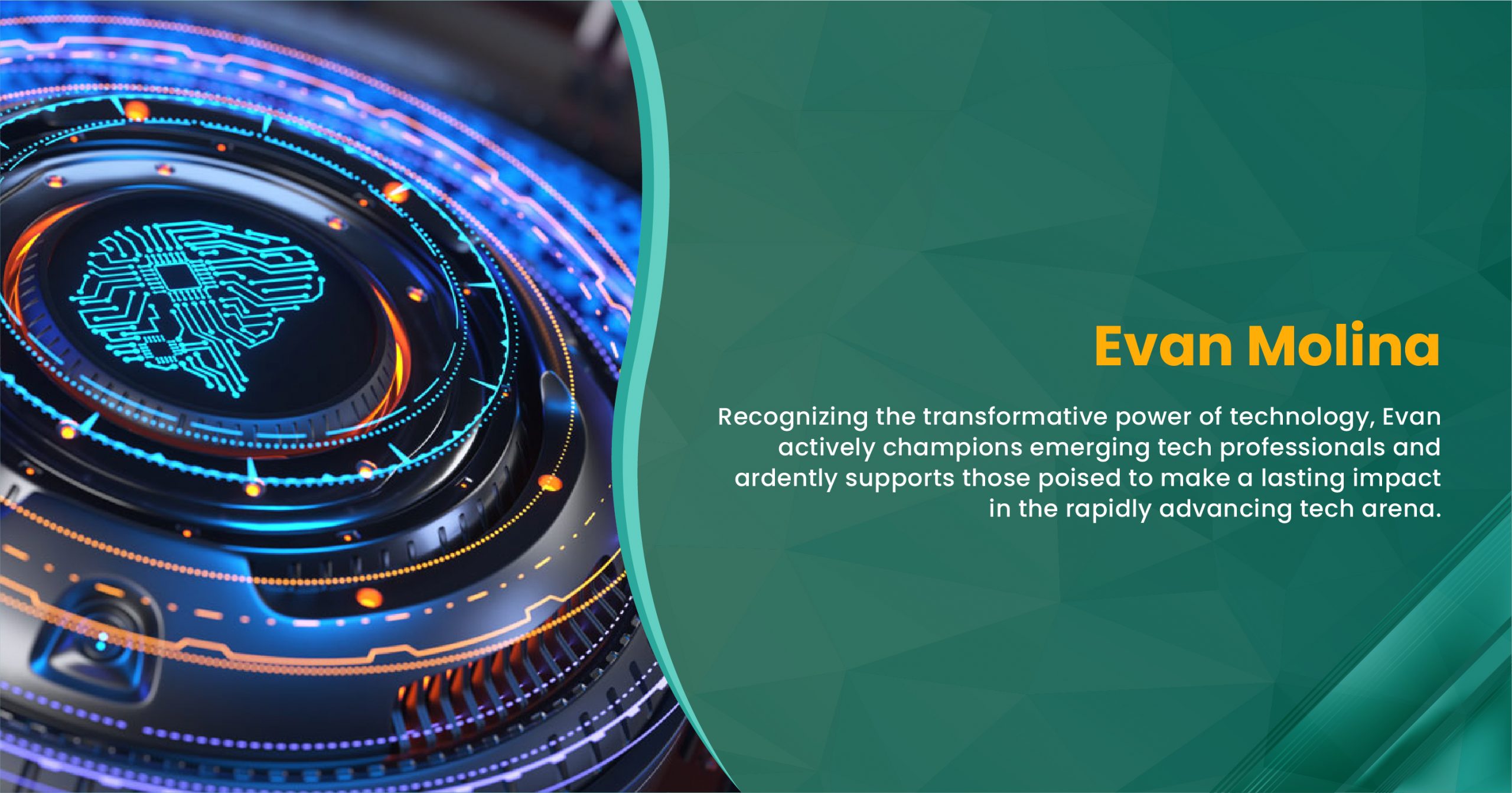
In the dynamic landscape of finance, a revolution is underway – one powered by the transformative force of blockchain technology. Traditional financial systems face unprecedented challenges as the world becomes increasingly interconnected and digital. However, amidst these challenges lies an opportunity for innovation, with blockchain leading the charge towards a more efficient, transparent, and inclusive financial ecosystem.
Understanding Blockchain: The Backbone of Digital Finance
At its core, blockchain is a decentralized ledger that records transactions across a network of computers. Each transaction is securely encrypted and linked to the previous one, creating an immutable data chain. This distributed ledger technology eliminates the need for intermediaries, such as banks or clearinghouses, thereby streamlining processes and reducing costs.
Blockchain’s revolutionary potential lies in its ability to provide trust in trustless environments. Through cryptographic algorithms and consensus mechanisms, blockchain ensures the integrity and security of transactions, making it virtually impossible to alter or manipulate data retroactively. This transparency and immutability enhance the efficiency of financial transactions and foster greater trust among participants.
The Impact on Traditional Finance
The traditional financial industry is ripe for disruption, with legacy systems often plagued by inefficiencies, high costs, and lack of transparency. Blockchain technology solves these challenges by offering real-time settlement, lower transaction fees, and enhanced security.
One of the most significant applications of blockchain in finance is cross-border payments. Traditional methods of transferring money across borders are often slow, costly, and prone to errors. With blockchain, transactions can be executed in minutes rather than days, with significantly lower fees. This has the potential to revolutionize remittance services, enabling faster and more affordable transfers for individuals and businesses worldwide.
Moreover, blockchain enables the tokenization of assets, allowing for the fractional ownership of real-world assets such as real estate, art, or commodities. This opens investment opportunities to a broader audience, democratizing access to traditionally exclusive markets.
Embracing Decentralized Finance (DeFi)
At the forefront of the blockchain revolution is the emergence of decentralized finance, or DeFi. DeFi is a decentralized ecosystem of financial applications and services built on blockchain networks, offering functionalities such as lending, borrowing, trading, and asset management without intermediaries.
The rise of DeFi has the potential to democratize finance by providing anyone with an internet connection access to financial services, regardless of their geographic location or socioeconomic status. By leveraging smart contracts – self-executing contracts with the terms of the agreement directly written into code – DeFi platforms automate processes and eliminate the need for traditional intermediaries, thereby reducing costs and increasing efficiency.
However, while DeFi holds immense promise, it also poses security, scalability, and regulatory compliance challenges. The industry’s nascent nature means vulnerabilities and risks exist, requiring careful consideration and robust solutions to mitigate them.
Navigating Regulatory Landscape
As blockchain evolution technology continues to gain traction, regulators worldwide are grappling with how to adapt existing frameworks to accommodate its decentralized nature. While some jurisdictions have embraced blockchain innovation and enacted favorable regulations, others remain cautious, citing concerns over security, consumer protection, and financial stability.
Navigating the regulatory landscape is crucial for the mainstream adoption of blockchain evolution technology in finance. Clear and coherent regulatory frameworks provide certainty for businesses and investors, fostering innovation while safeguarding against potential risks.
The Road Ahead: Challenges and Opportunities
Despite blockchain technology’s immense potential, significant challenges remain on the road to widespread adoption. Scalability, interoperability, and sustainability are among the key issues that must be addressed to realize the full benefits of blockchain in finance.
Scalability refers to the ability of blockchain networks to handle a large number of transactions simultaneously without compromising speed or efficiency. Interoperability, on the other hand, pertains to the seamless exchange of data and assets across different blockchain evolution platforms, allowing for more excellent connectivity and collaboration.
Furthermore, the environmental impact of blockchain, particularly in terms of energy consumption, has come under scrutiny. As blockchain networks grow in size and complexity, so does their energy consumption, raising concerns about sustainability and environmental responsibility.
Embracing the Future of Finance
The evolution of blockchain represents a paradigm shift in how we think about and interact with finance. By leveraging decentralized technologies, we can create a more inclusive, efficient, and transparent financial ecosystem that empowers individuals and businesses.
As we navigate the challenges and opportunities presented by blockchain technology, collaboration between industry stakeholders, policymakers, and regulators will be essential to ensure responsible and sustainable development. We can harness blockchain’s full potential to transform finance for the digital age and beyond by working together.